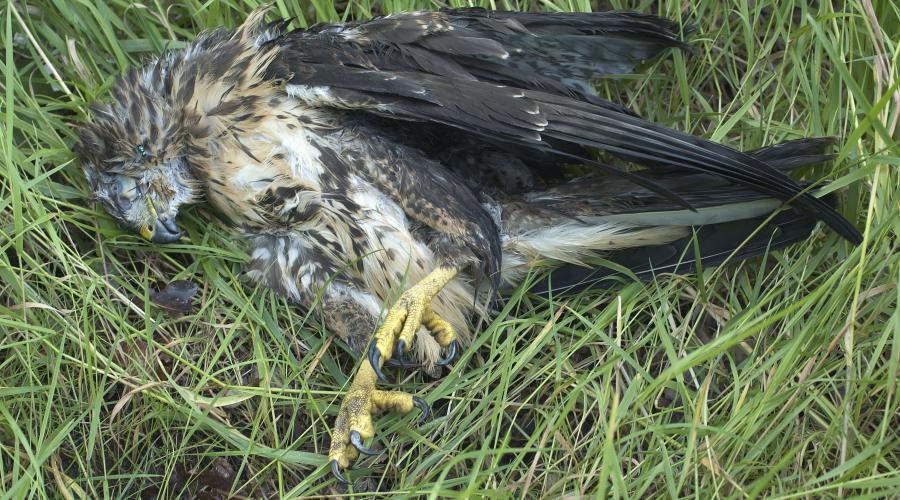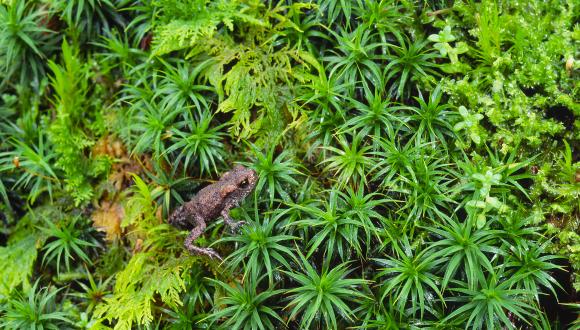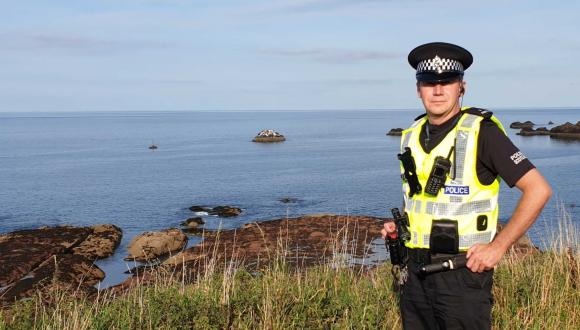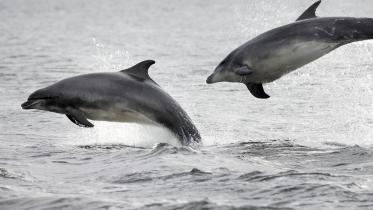
Wildlife crime
We’re committed to combating wildlife crime and the illegal damage and destruction of some of our most important natural assets.
Wildlife and habitats may be protected because they’re rare or vulnerable, or because they have a history of persecution.
Wildlife crimes are committed when people intentionally or recklessly break the laws meant to safeguard protected areas and protected species.
NatureScot is committed to protecting our nature and landscapes and combating wildlife crime.
Our role in tackling wildlife crime
Tackling wildlife crime isn’t just about arresting criminals.
It’s also about increasing awareness of:
- the importance of our wildlife and habitats
- how and why they are protected
- the impacts of wildlife crime
- how to stay within the law
We aim to play a big part by helping to prevent wildlife crime and helping those that enforce wildlife law. To do this, we work in partnership with other bodies and organisations, including Police Scotland. We’re a key partner in the Partnership for Action Against Wildlife Crime in Scotland (PAW Scotland).
Law enforcement
The police are the lead agency for enforcing wildlife law in Scotland. Police Scotland has 13 local divisions, each with its own Wildlife Crime Liaison Officer.
Police Scotland follow strict procedures when investigating allegations of wildlife crime. NatureScot assist both the police and the Crown Office and Procurator Fiscal Service by providing expert information and advice for wildlife crime cases but do not undertake criminal investigations, nor lead on prosecutions.
Contact
Call Police Scotland on 101 to report wildlife crime. The species crime aide memoire gives details of the sort of information you may be asked to provide.
Alternatively, you can call Crimestoppers anonymously on 0800 555 111.
For all other queries, you can contact our dedicated team.
Andy Turner, Wildlife Crime Project Officer
National Operations Unit
Telephone: 07774 161219
Email: Andy Turner





